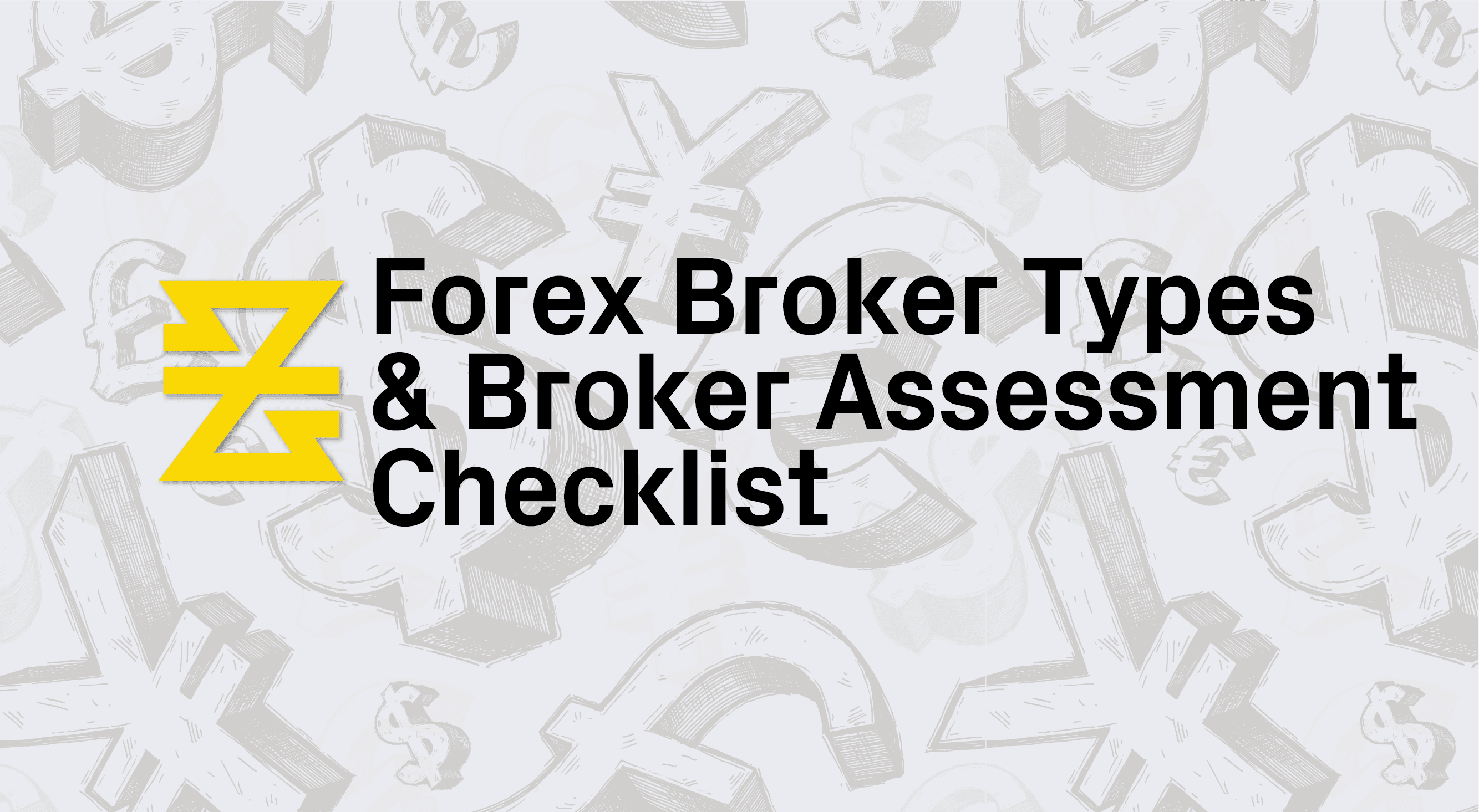- CFDs & Forex Trading | Regulated Online Trading
- About Us
- Trading
- Platforms
- Resources
- Partners
- Research
Search
×

CHAPTER 6 - LESSON 1
Forex brokers are the intermediaries between traders and the forex market. They provide the trading platform, access to liquidity providers, and various other services required for traders to execute their trades.
There are several types of Forex brokers, each with their unique features and services. Understanding the differences between these broker types can help traders make informed decisions and choose the broker that best aligns with their trading goals.
Market Makers – Create a market for their clients by providing both buy and sell quotes for a currency pair, thus “making” the market. When a trader places a trade, the market maker takes the other side of the trade, essentially acting as a counterparty. This means that they can profit from the spread between the bid and ask prices.
ECN (Electronic Communication Network) Brokers – Provide traders with direct access to the interbank market, where they can view real-time bid and ask prices from various liquidity providers. ECN brokers serve as a conduit between traders and the market, facilitating trades without taking the other side of the transactions.
STP (Straight Through Processing) Brokers – Route client orders directly to liquidity providers, such as banks or other brokers, without any human intervention. They earn their revenue through the spread, which is often variable. Unlike market makers, STP brokers do not take the other side of the trade and do not create their own market. Offering variable spreads and lower fees than market makers, STP brokers are an attractive option for traders seeking more competitive pricing.
Hybrid Brokers – A combination of services, acting as both market makers and STP/ECN brokers. These hybrid brokers may offer clients the option to choose between market maker or STP/ECN trading accounts, allowing traders to select the model based on their trading style and preferences.

With this information in mind, we went ahead and created a simple broker checklist for you so that you can easily check if your trading broker aligns with your trading style and needs:
Check that your forex broker is regulated by a reputable financial authority, such as The Securities Commission of The Bahamas (SCB). This will help ensure that the broker operates in a transparent and fair manner and provides a safe and secure trading environment for their traders.
It’s necessary that your broker offers a user-friendly, stable, and reliable trading platform such as the popular MetaTrader 5 (MT5), which offers a large range of features and tools for traders.
It’s important that your broker provide a range of financial instrument options for trading, including currency pairs, commodities, indices, and cryptocurrencies.
It’s also important that your broker offers competitive spreads and transparent commissions.
It’s crucial that your broker offers extended 24/5 support and multiple channels for reaching their customer service. This ensures reliable assistance when needed.
It’s vital that your broker offers a variety of payment methods, including bank transfers, credit/debit cards, and e-wallets.
It’s also just as important that your broker provides educational and research tools to help nurture your growth as a trader.
By using this forex broker checklist, you can get a good idea if your broker will be able to meet your trading needs.
BAXIA GLOBAL LIMITED
Join the community
Risk Warning: Margin trading involves a high level of risk, and may not be suitable for all investors. You should carefully consider your objectives, financial situation, needs and level of experience before entering into any margined transactions with Baxia Markets, and seek independent advice if necessary. Forex and CFDs are highly leveraged products which mean both gains and losses are magnified. You should only trade in these products if you fully understand the risks involved and can afford losses without adversely affecting your lifestyle (including the risk of losing the entirety of your initial investment). You must assess and consider them carefully before making any decision about using our products or services.
Baxia Global Limited is a company registered in Seychelles with registration number: 8426970-1, and is regulated by the Financial Services Authority of Seychelles with License number: SD104.
Baxia Limited is a company registered in The Bahamas with registration number: 177330 B, and is licensed and regulated by The Securities Commission of The Bahamas (SCB), (SIA-F234).
The information on this website is general in nature and doesn’t take into account your personal objectives, financial circumstances, or needs. It is not targeted at the general public of any specific country and is not intended for distribution to residents in any jurisdiction where that distribution would be unlawful or contravene regulatory requirements. Baxia Markets does not offer its services to residents of certain jurisdictions such as USA, Cuba, Sudan/Republic of Sudan, Syria, Iran, Iraq, South Sudan, Venezuela, Libya, Belarus, Afghanistan, Myanmar, Russia, Crimea, Donetsk, Luhansk, Palestine, Yemen, Zimbabwe and North Korea.